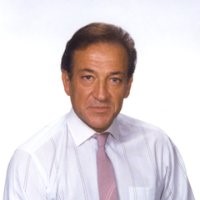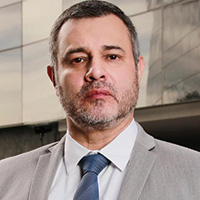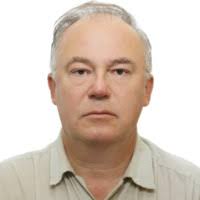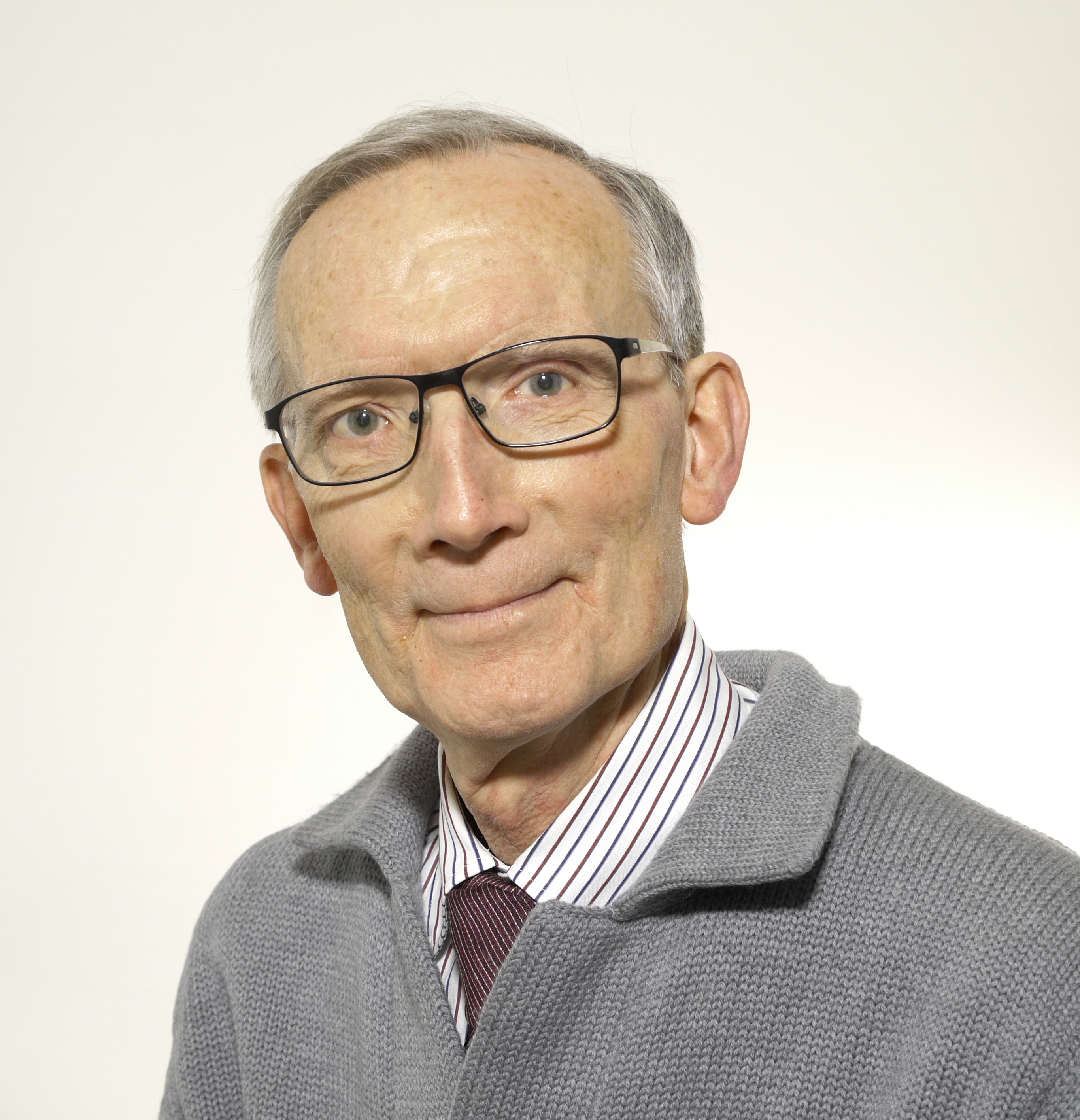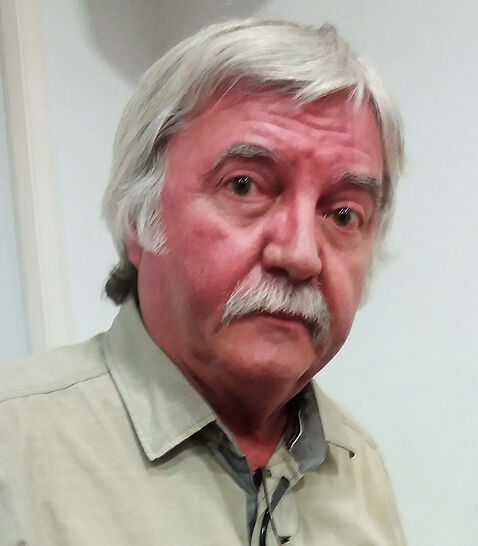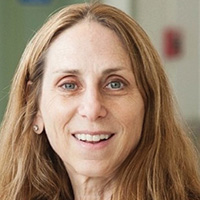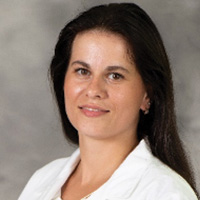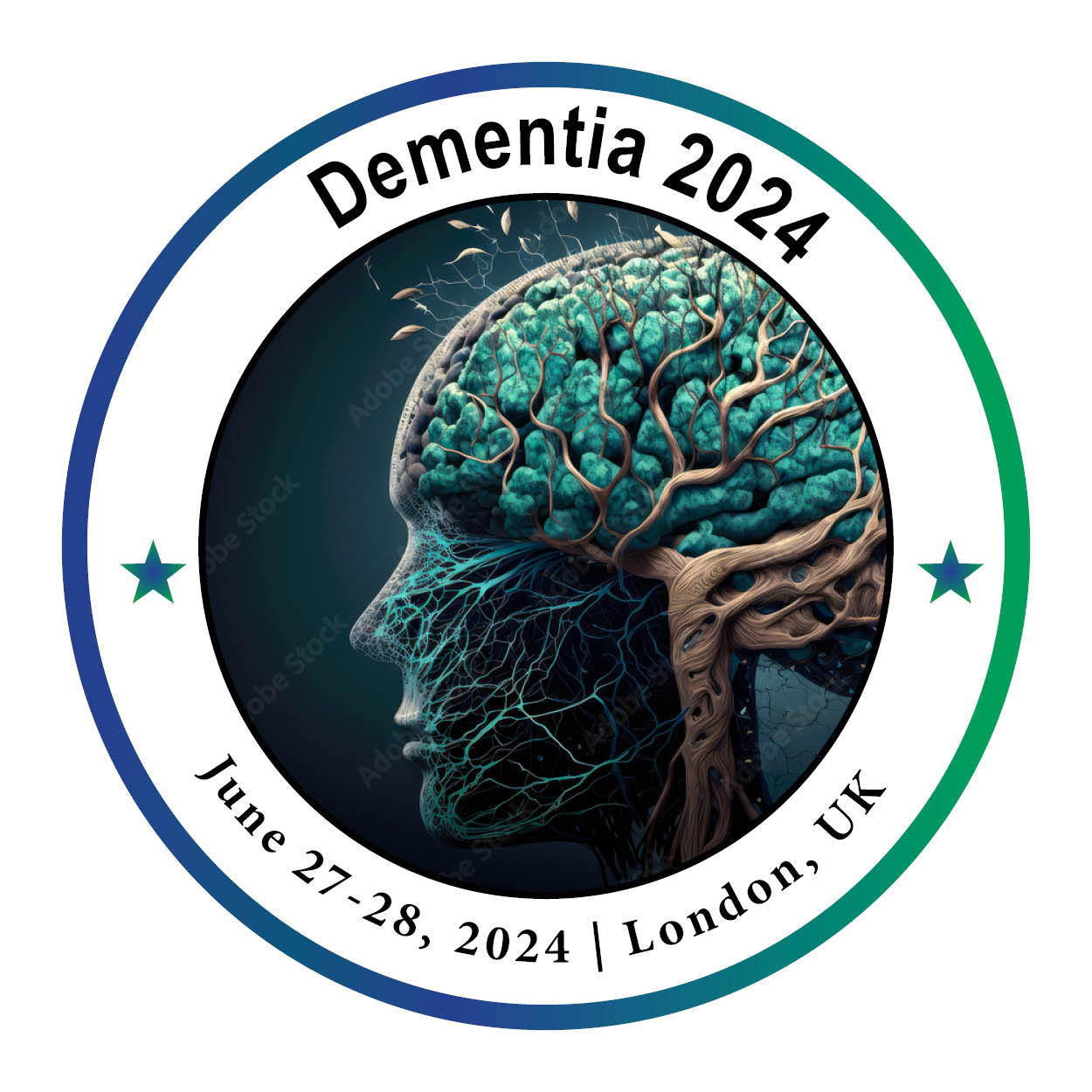Sessions/Tracks
Track-1: Dementia
Dementia is a wide term for a group of brain illnesses that cause a long-term, typically gradual decline in a person's capacity to think and remember to the point where it interferes with daily activities. Emotional issues, language difficulties, and a lack of motivation are all prevalent signs. The consciousness of a person is frequently unaffected. Dementia causes a shift in a person's normal mental functioning as well as a faster decrease than one would expect from age. These disorders have a tremendous impact on the carers of those who are afflicted.
Track-2: Alzheimers Disease
Alzheimer's disease (AD), generally known as Alzheimer's, is a progressive neurological disease that begins slowly and worsens with time. It is responsible for 60 to 70% of dementia cases. The most prevalent early sign is short-term memory loss, or the inability to recall recent events. As the condition progresses, symptoms may include linguistic difficulties, disorientation (including the ability to quickly become lost), mood changes, loss of motivation, inability to manage self-care, and behavioural problems. When a person's health deteriorates, they frequently retreat from family and society. Bodily functions gradually deteriorate, eventually leading to death.
Track-3: Mental health & Psychiatry
Mental health is a higher level of emotional and behavioural condition. Greater than 200 categorized forms of mental illness conditions are there. Mental health includes an individual’s potential to enjoy life and create a balance between normal life activities and efforts to achieve human resilience. Psychiatry is defined as a proactive and positive approach to living that increases resiliency to stress by promoting life balance and contentment. It mainly concerns about maintaining mental, emotional and physical health. It is determined by overall patterns of thoughts, emotions, behaviors and body reactions.
-
Depression
-
Psychology
-
Brain Disorders
-
Brain Science
Track-4: Anxiety & Depression
People with dementia frequently suffer from apathy, despair, and worry. Because they might impair a person's emotional and mental health, they are referred to as psychological conditions. Anxiety is defined as a state of mind that is more than just concerned or worried. Anxious sensations are a natural reaction to being under pressure, and they normally subside once the stressful circumstance has gone or the'stressor' has been removed. Depression has an impact on a person's self-esteem. A person's interest in work, hobbies, and activities that he or she ordinarily enjoys may wane. Some people may be tired, have trouble sleeping, or sleep more than they should, while others may be nervous or angry, and find it difficult to focus.
Track-5: Parkinson’s Diseases
Parkinson's disease (PD) is a chronic and progressive movement illness, which means that symptoms develop over time and worsen. Parkinson's disease affects nearly one million people in the United States. Although there is currently no cure, there are therapeutic options available, including medication and surgery, to manage the symptoms.
Track-6: Dementia Management
Because dementia has no cure, the main goals of treatment are to maintain quality of life, improve cognition, mood, and behaviour. Promotes a secure environment Encourages social interaction. Treatment of cognitive symptoms, behavioural symptom management, pharmaceutical and non-pharmacological treatments, and dementia-friendly environments.
Track-7: Neurodegenerative diseases
Neurodegenerative diseases consist of a wide range of disorders characterized by nerve cell progressive degeneration or death. It affects the nervous tissue and also causes various neuropsychological effects. This is a term for a variety of conditions that affect neurons in the human brain in particular. The development of neurodegenerative diseases has demonstrated that genetic and environmental factors play an important role. Age is one of the main risk factors common to all types of neurodegenerative disease as it commonly progresses in older age.
-
Cognition
-
Multiple Sclerosis
-
Parkinson's disease
-
Huntington's disease
-
Neurovascular Dysfunction and Neurodegeneration
Track-8: Stages, types and Treatment of Alzheimer’s disease and Dementia
Dementia is the term used to describe the symptoms of several conditions that affecting the brain. Alzheimer's disease is commonly seen, and other conditions include Parkinson's disease. Symptoms are frequently used to designate a more specific stage of dementia is Preclinical Alzheimer's Disease, Middle-Stage Alzheimer's, Late-Stage Alzheimer's, Mild Cognitive Impairment Mild, Dementia due to Alzheimer's Disease. There are medications and other treatments that can help with the symptoms of dementia.
-
Advances in Treatments
-
Therapeutic Approaches
-
Drugs and Therapies
Track-9: Genetics, Geriatrics and Neuropsychology of Alzheimer
At the molecular and cellular level, ageing is caused by the accumulation of a range of molecular and cellular damage throughout time. This results in a gradual loss of physical and mental capacity, increased disease risk, and eventually, death. However, these changes are not linear or consistent, and they are only tangentially related to a person's chronological age. It is about creating conditions and opportunities that allow people to be and do what they value throughout their lives to achieve healthy ageing. Being free of disease or infirmity is not a requirement for healthy ageing, as many older adults have one or more health conditions that, when well controlled, have little impact on their wellbeing.
-
Healthy Ageing and Functional Ability
-
Age Related Disorders
-
Diagnosis and Treatment
-
Care for Elderly People
-
Geriatric Research
-
Geriatric Psychiatry
Track-10: Sleep disorders
Sleep disorders involve problems with the quality, timing, and amount of sleep, which result in daytime distress and impairment in functioning. Sleep-wake disorders often occur along with medical conditions or other mental health conditions, such as anxiety, depression, or cognitive disorders. There are several different types of sleep-wake disorders, of which insomnia is the most common. Other sleep-wake disorders include obstructive narcolepsy, sleep apnea, parasomnias, and restless leg syndrome. Sleep difficulties are linked to both physical and emotional problems. Sleep problems can both contribute to and exacerbate mental health conditions and can be a symptom of other mental health condition.
Track-11: Psychiatry and Psychology
Psychiatry is the branch of medicine focused on the treatment, prevention and diagnosis, of emotional, mental, and behavioral disorders. A psychiatrist is a doctor, who treats the mental health, including substance use disorders. Psychiatrists are qualified to assess both the physical and mental aspects of emotional problems. People seek psychiatric help for many reasons. The problems can be sudden, such as frightening hallucinations, panic attack, thoughts of suicide, or hearing "voices." Or they may be more long-term, such as feelings of hopelessness, sadness or anxiousness that never seem to lift or problems functioning, causing everyday life out of control or to feel distorted.
Psychology is the scientific study of habits and mind. Psychology includes the study of unconscious and conscious marvels, including thoughts and feelings. It is an academic discipline of immense scope, crossing the boundaries between social sciences and the natural. Psychologists seek an understanding of the linking the discipline to neuroscience. Psychologists and a social scientists aim to understand the geste of individuals and groups.
-
Class of Medications
-
Antidepressants
-
Anti psychotic medications
-
Sedatives and anxiolytics
-
Hypnotics
-
Mood stabilizers
Track-12: Child and Adolescent Psychiatry
The child and adolescent psychiatrist is a doctor who specializes in the treatment and the diagnosis of disorders of thinking, feeling and/or geste affecting adolescents, children, and their families. A child and adolescent psychiatrist offers families the advantages of a medical education, the medical traditions of professional ethics, and medical responsibility for furnishing comprehensive care Child psychiatry is primarily concerned with the study and treatment of behavioral diseases and emotional problems that affect children. Emotional maladjustments of children constantly are characterized by anxiety response.
